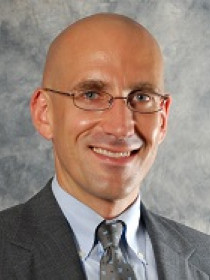Connect with Steven
About Steven
Morrison’s general areas of expertise are criminal and constitutional law. More specifically, his criminal law work involves concepts of group crime, such as conspiracy, complicity, material support for terrorist groups, and collective action and culpability. His constitutional law work centers on the First Amendment rights of free speech, association, and assembly. He has also done work involving religious liberty, the fundamental right to marry, and reproductive rights. Morrison is actively engaged with the National Association of Criminal Defense Lawyers. As a member of several committees, he has drafted reports on warranted searches of digital evidence and new Federal Sentencing Guideline provisions, and has co-created and hosted a heavily-attended webinar on criminal conspiracy. He is also a member of a committee in North Dakota that opposes a Personhood Amendment, which appeared on the North Dakota ballot in fall of 2014.
